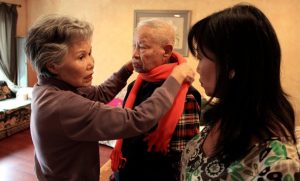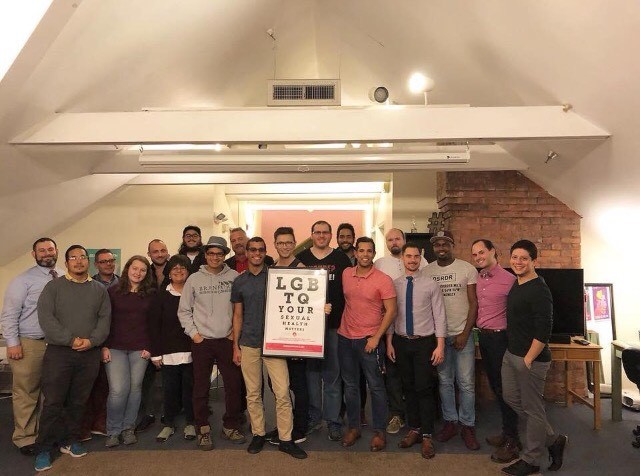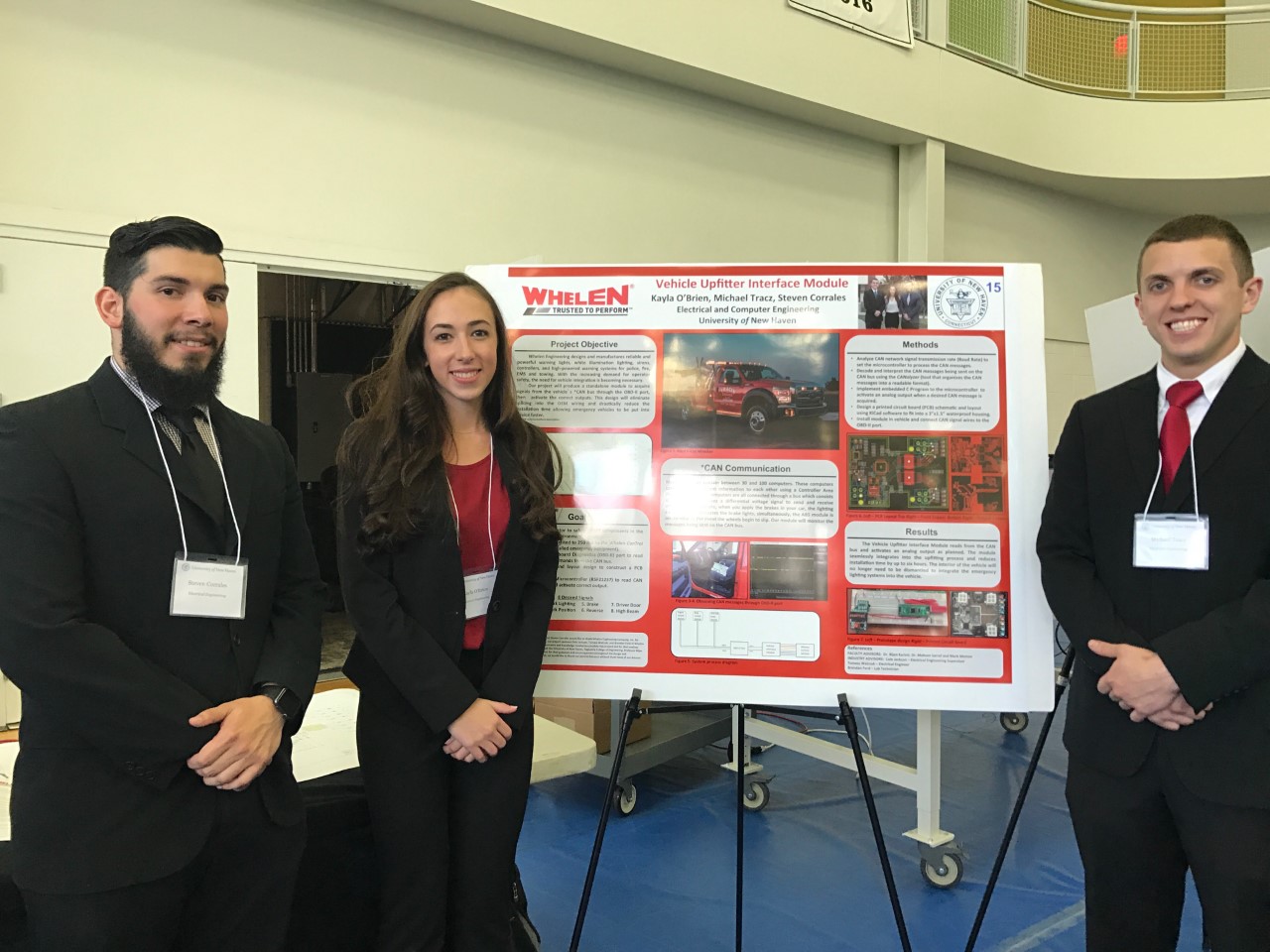Alzheimer’s is a debilitating disease that currently affects an estimated 5.4 million Americans. While it is the sixth-leading killer, there is no cure and the treatments only

temporarily ease the symptoms. If not addressed properly, the disease will become a problem not only for systems like Medicare and Medicaid, but also for the family members who become caregivers. This is why the Obama Administration is developing the first Alzheimer’s Plan. The plan will combine research intended to fight the disease with the help that caregivers desperately need.
The disease is not only a problem now, but could become much worse as the baby-boomer generation begins to age. According to current projections, an estimated 13 to 16 million Americans could have Alzheimer’s by the year 2050, costing an astounding one trillion dollars in medical and nursing home expenditures.
In addition to expenses paid by insurance companies, a recent report found that an estimated 15 million people, mostly family members, are providing more than $200 billion dollars worth of unpaid care. With statistics like this, it is no surprise that family members are reaching out and asking the government to step in. Since August alone, thousands of family members have turned out at public meetings, pleading for change.
What they want is simple – more training for doctors and resources. Of the estimated 36 million people who have Alzheimer’s in the world, 75 percent have not been diagnosed. Dr. Daisy Acosta, chair of Alzheimer’s disease International said that, “Failure to diagnose Alzheimer’s in a timely manner represents a tragic missed opportunity to improve the quality of life for millions of people.” This is why families urge that primary doctors be trained to diagnose dementia earlier. If they can discover the problem early on, there will more ways to offset the symptoms.
Overwhelmingly however, these families are asking for resources to help Alzheimer’s patients live out their life at home, without ruining the caregivers own health and finances. This may seem like a simple request, but for those who have cared for people with Alzheimer’s, it is anything but. Alzheimer’s reduces the person’s ability to function, but it is also tolls on those who care for them. A simple task like having lunch, or getting dressed, becomes an everyday struggle. More than 60 percent of caregivers rate the emotional stress as high or very high, and one-third have reported symptoms of depression.
Luckily, for those who have been advocating for Alzheimer strategies, Federal Health officials are finally getting the message. They have promised a first draft of the national plan by December, and Donald Moulds, who oversees the project said, “”Folks desperately, desperately want to be able to provide the care themselves. It is very, very hard work. Figuring out better mechanisms for supporting people who are trying to do that work is, one, the right thing to do.”
Every 69 seconds, another American will develop Alzheimer’s disease. By 2050, an American will develop it every 33 seconds. It is clear that there is a desperate need for better diagnostic strategies and a universal understanding of how Alzheimer’s affects people. Other countries like England and Australia have already developed their own plan, and hopefully the United States government will follow suit shortly.








